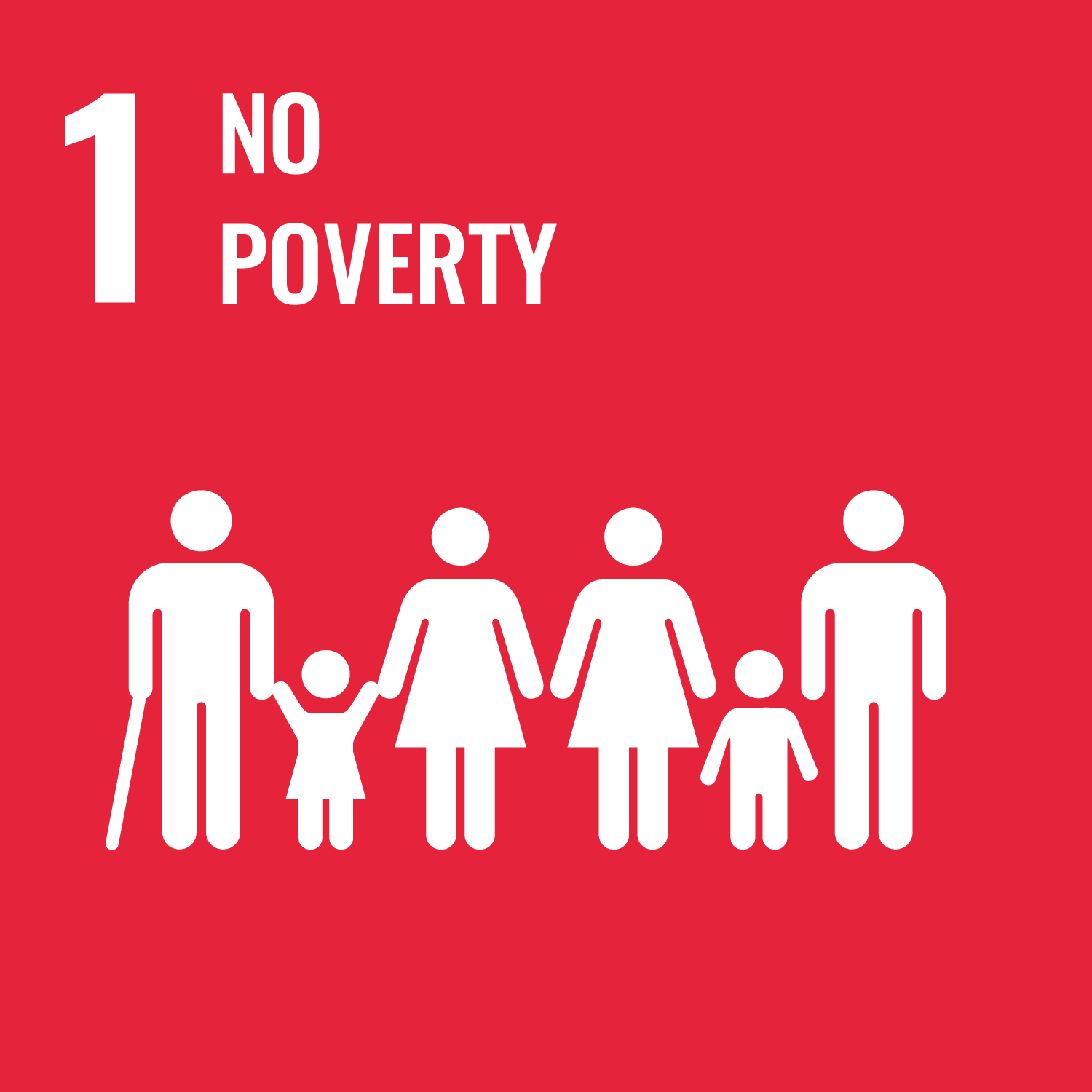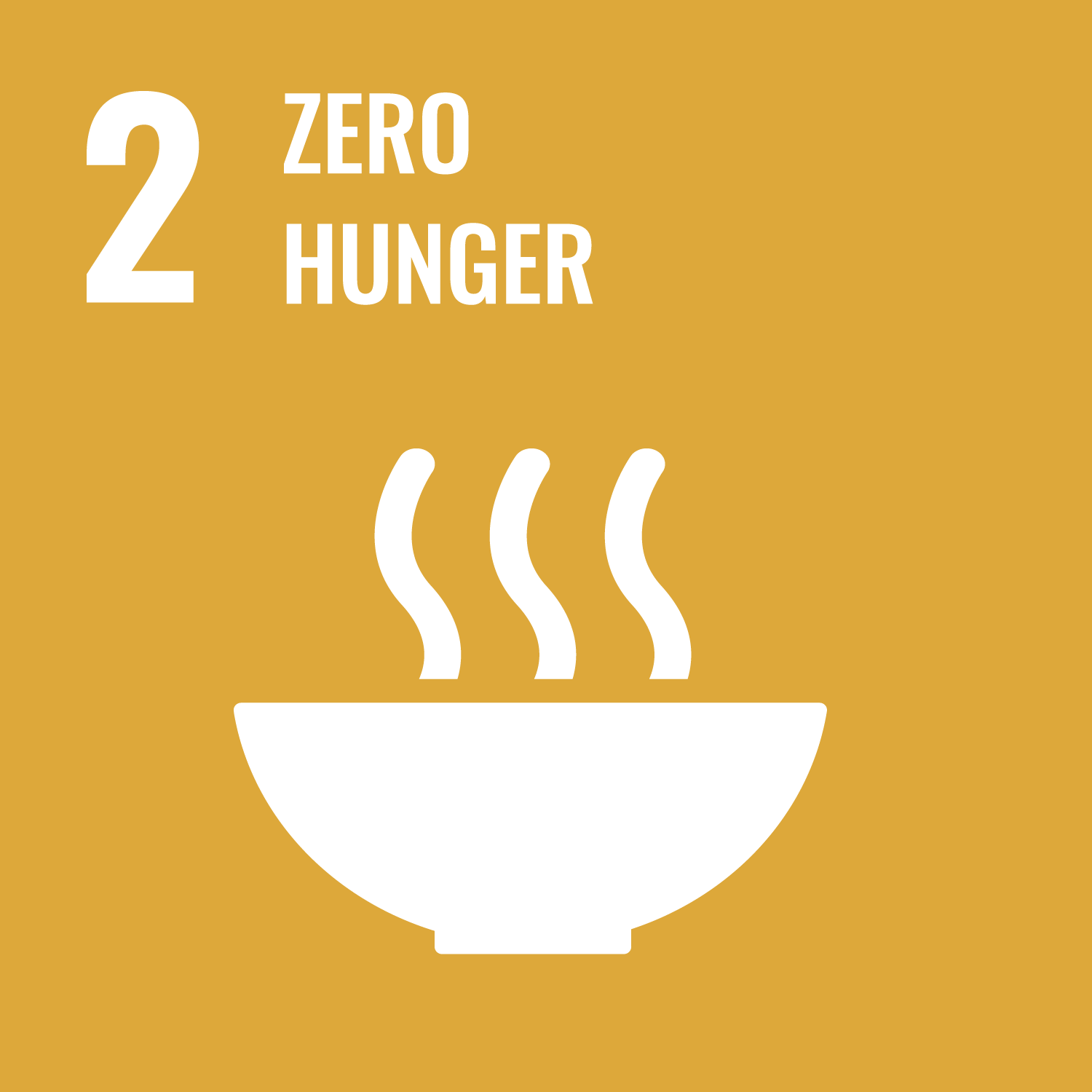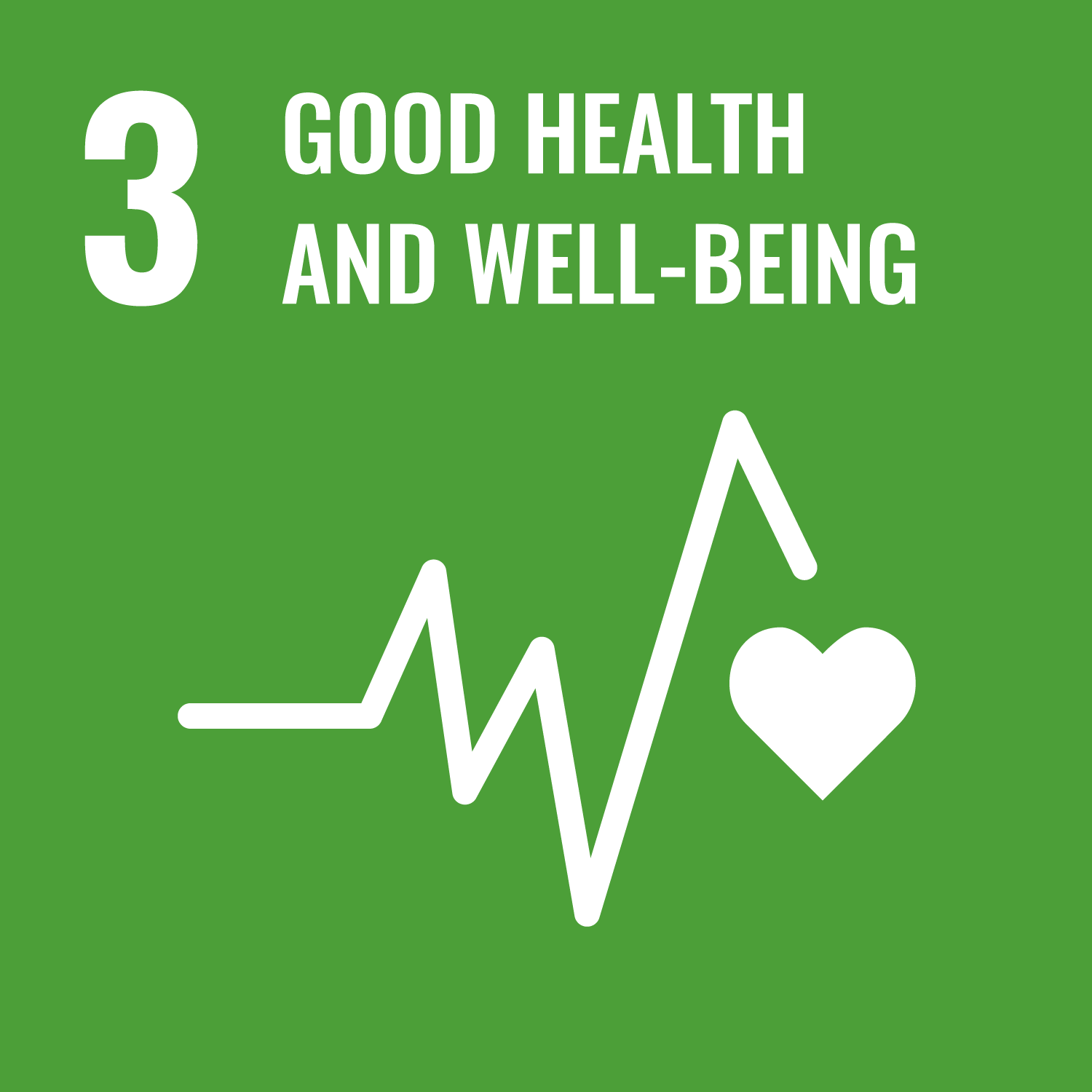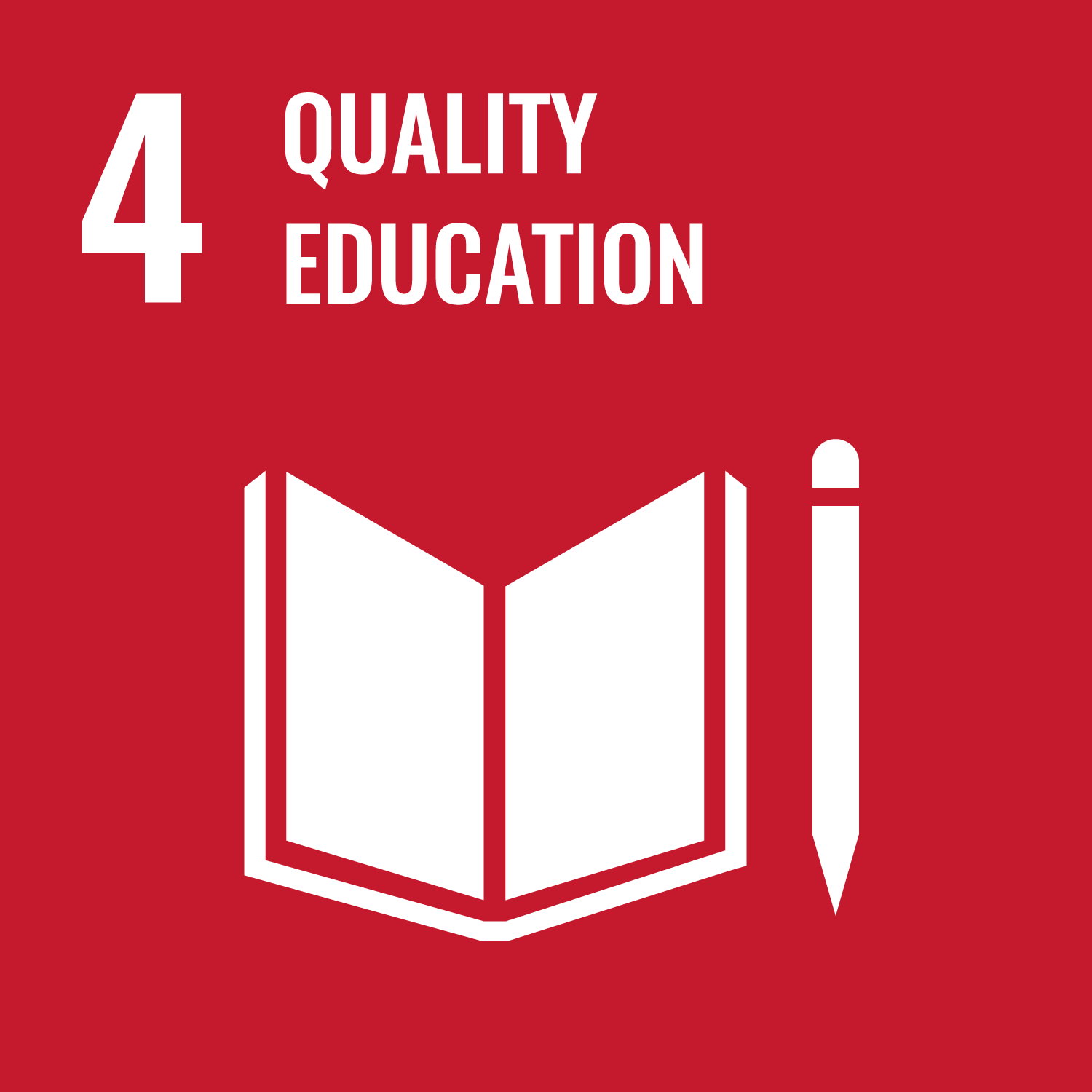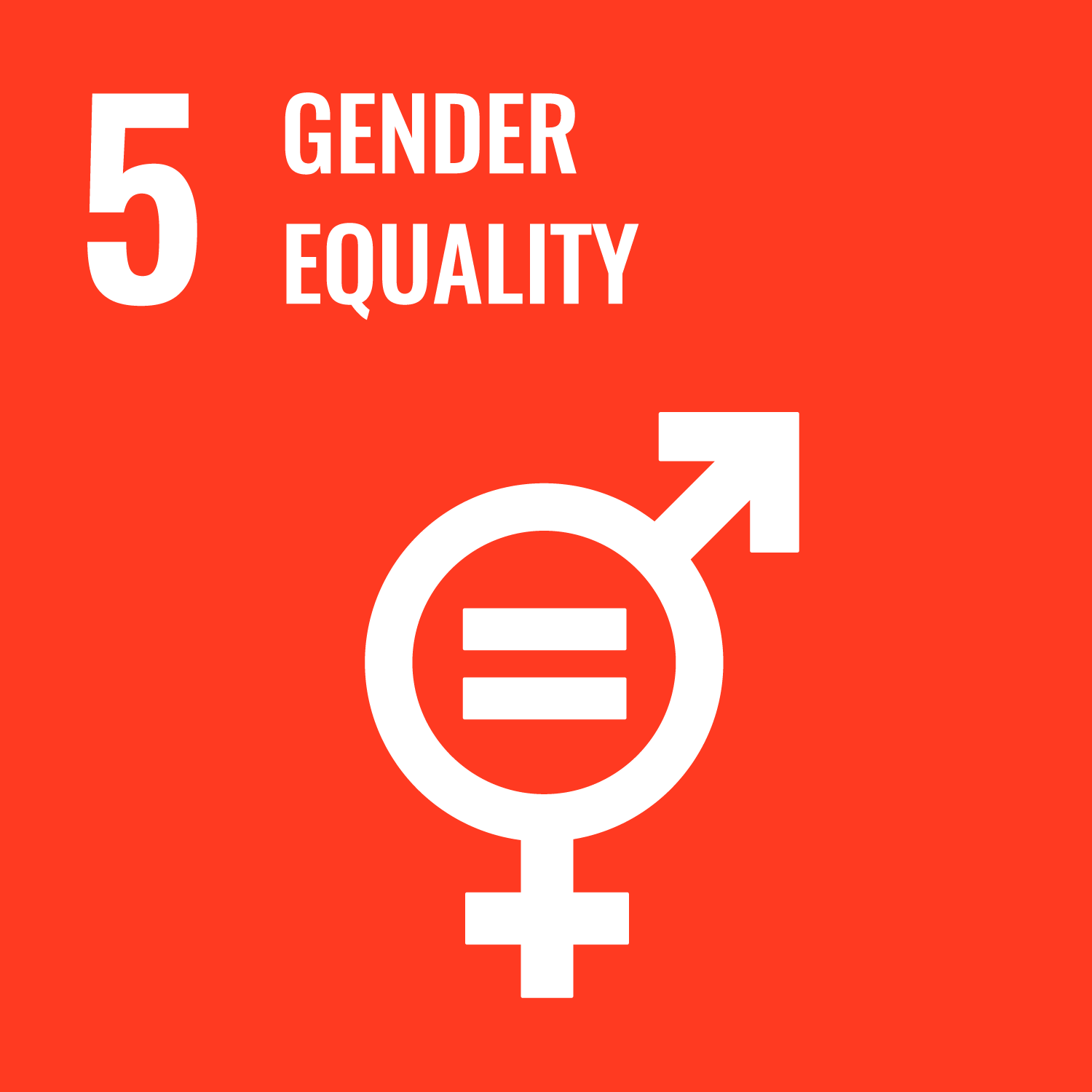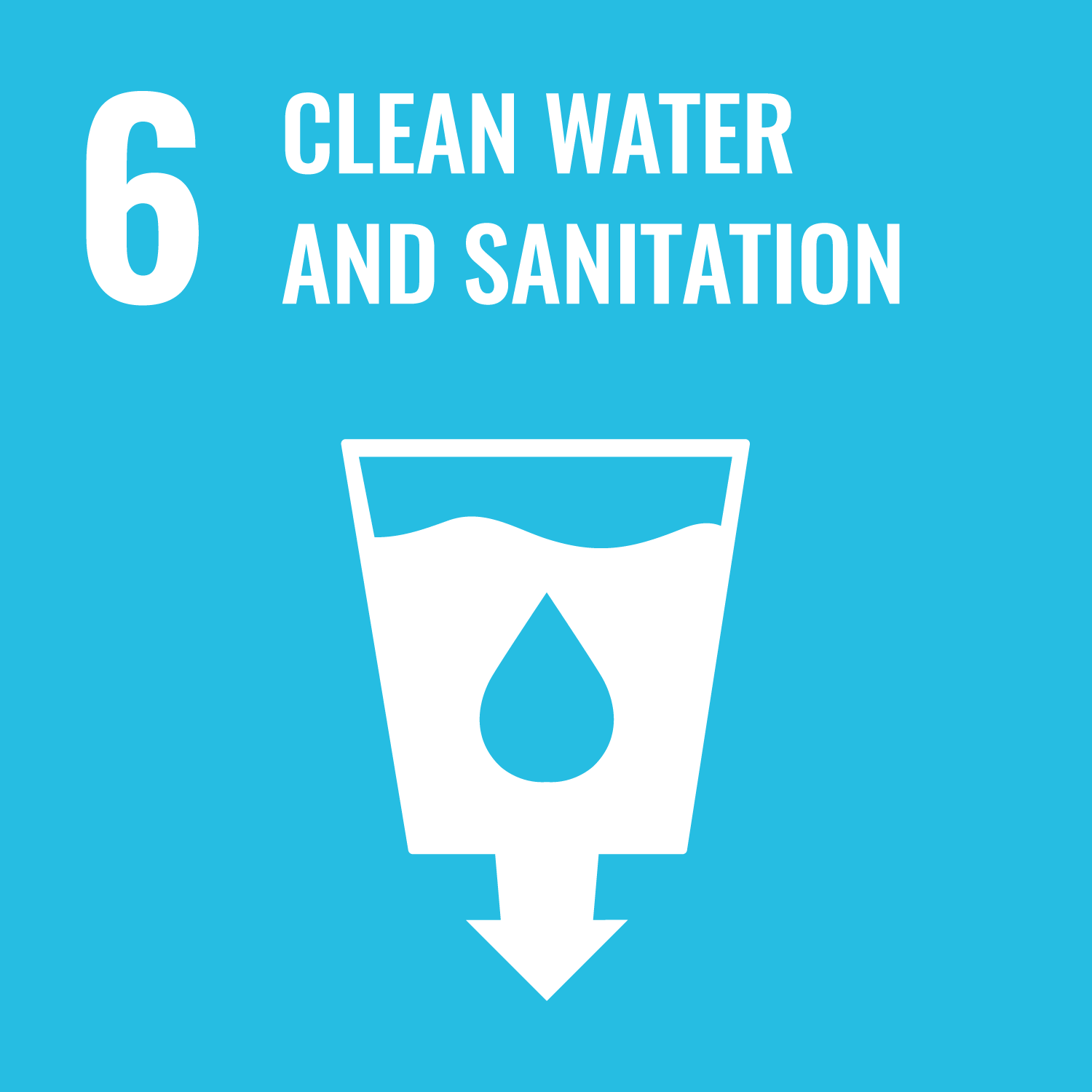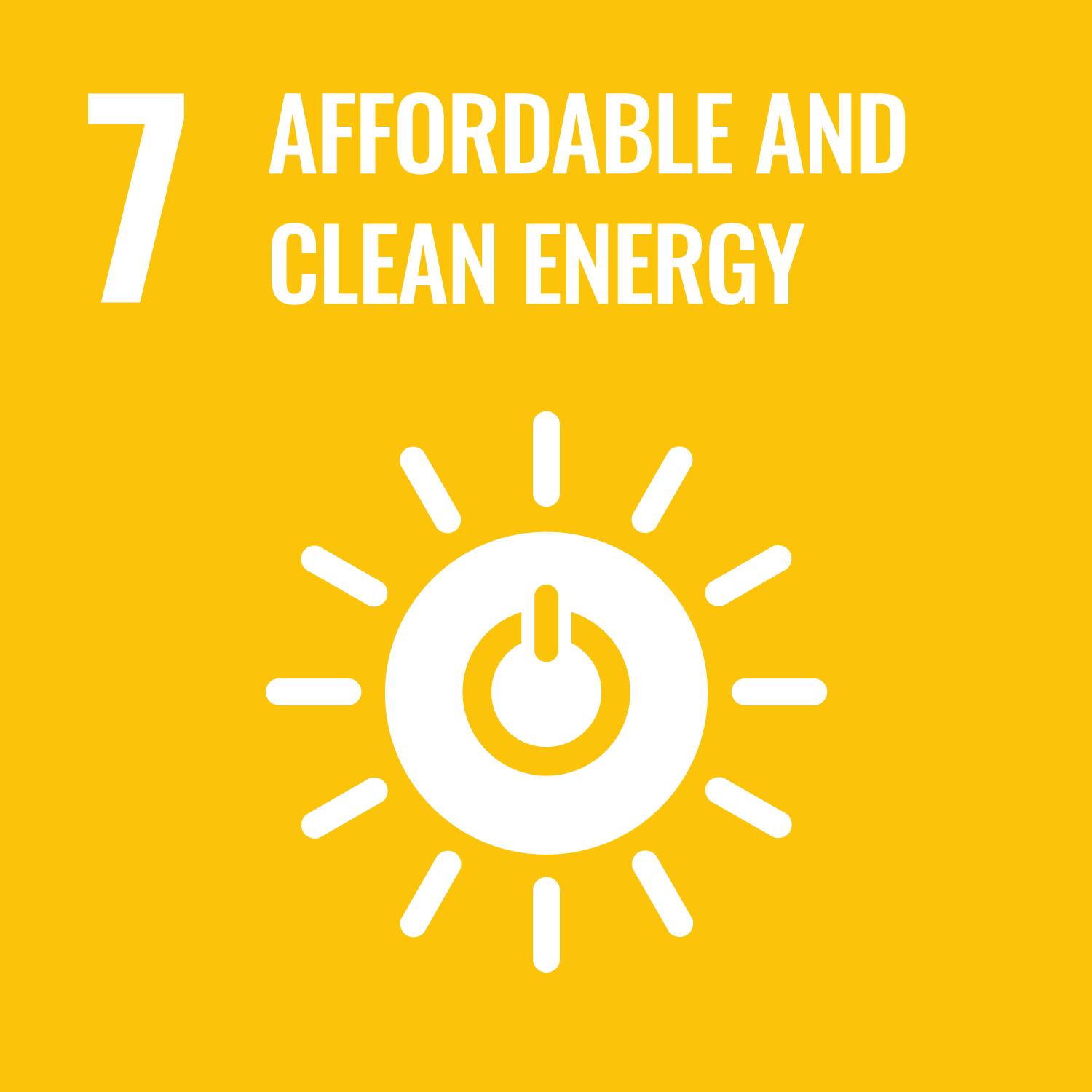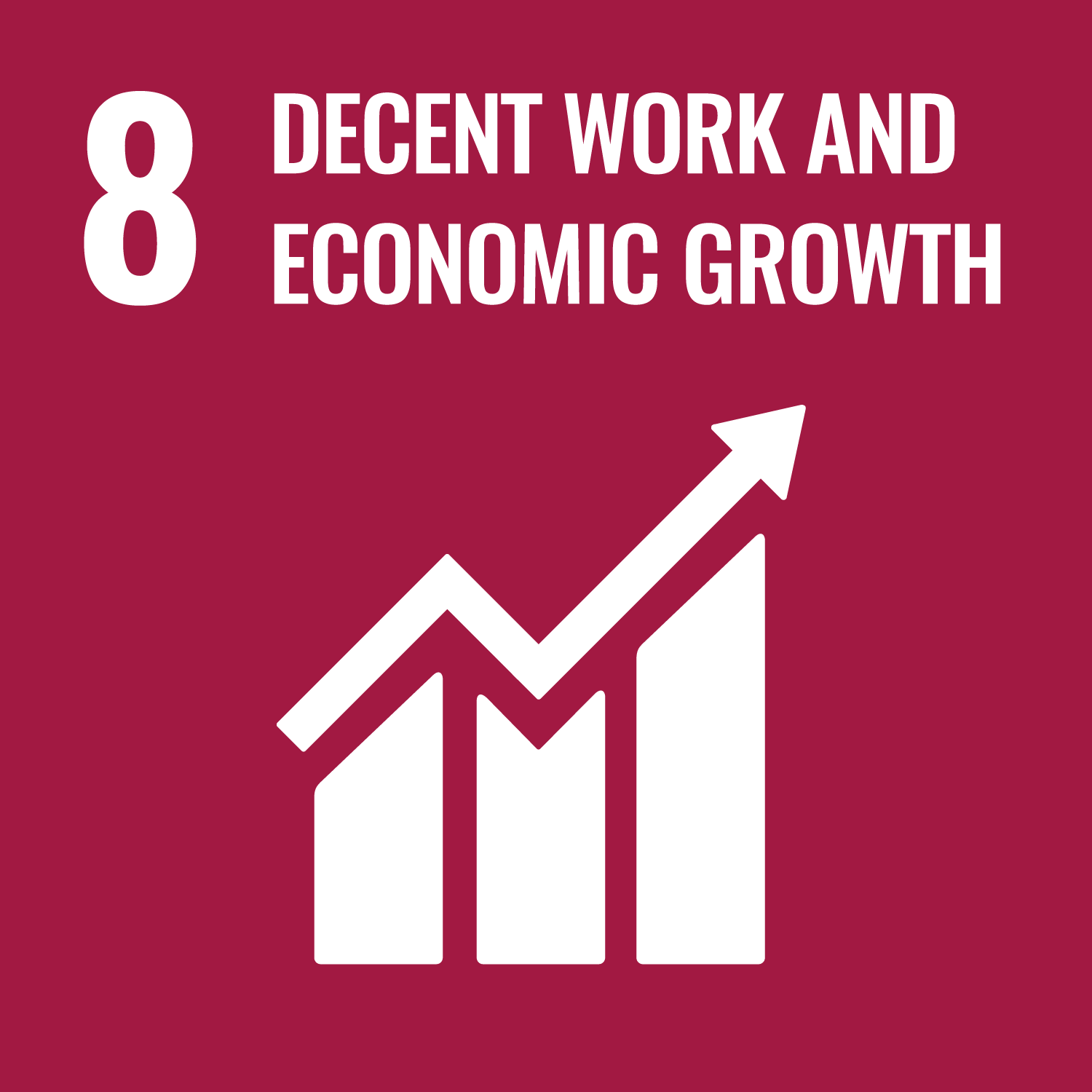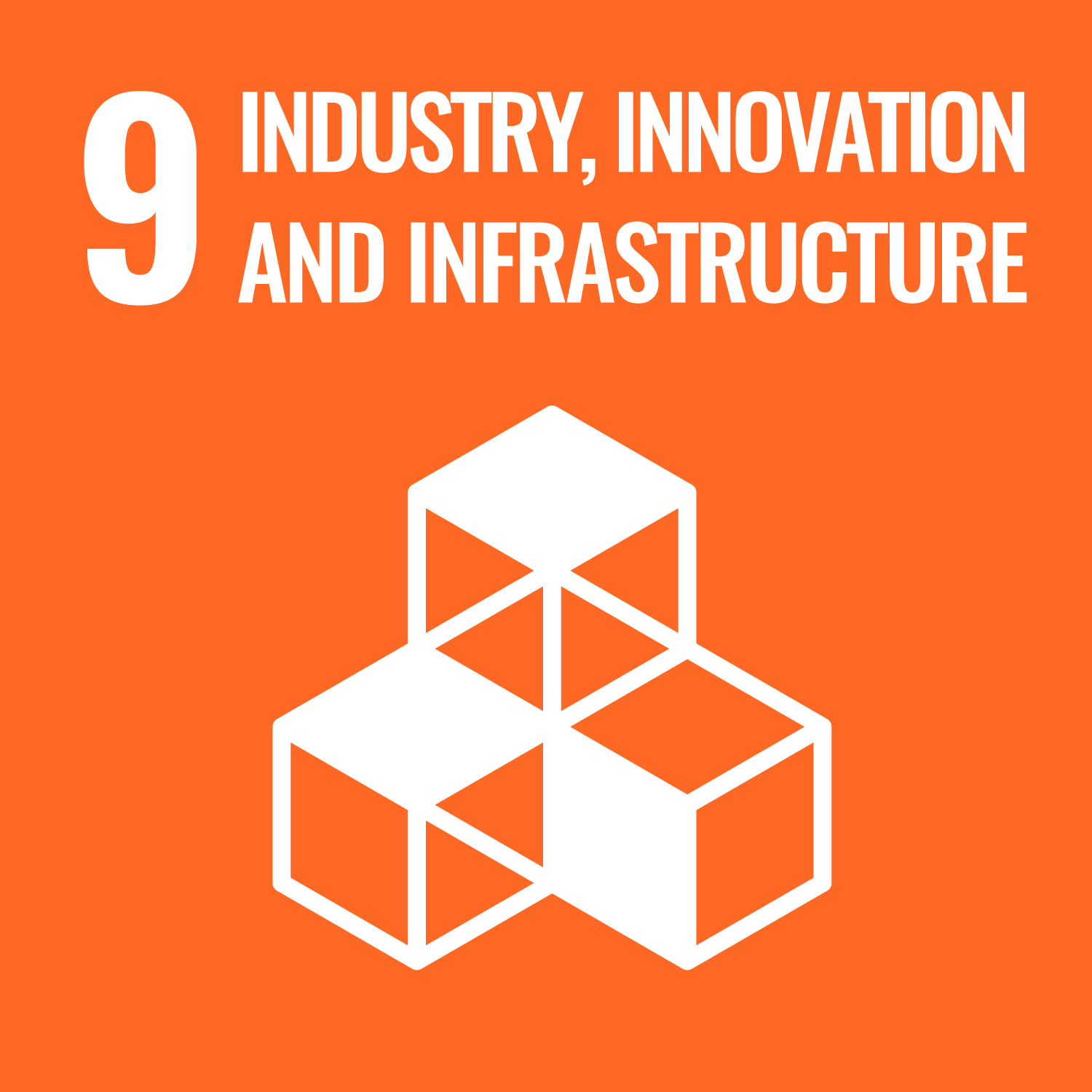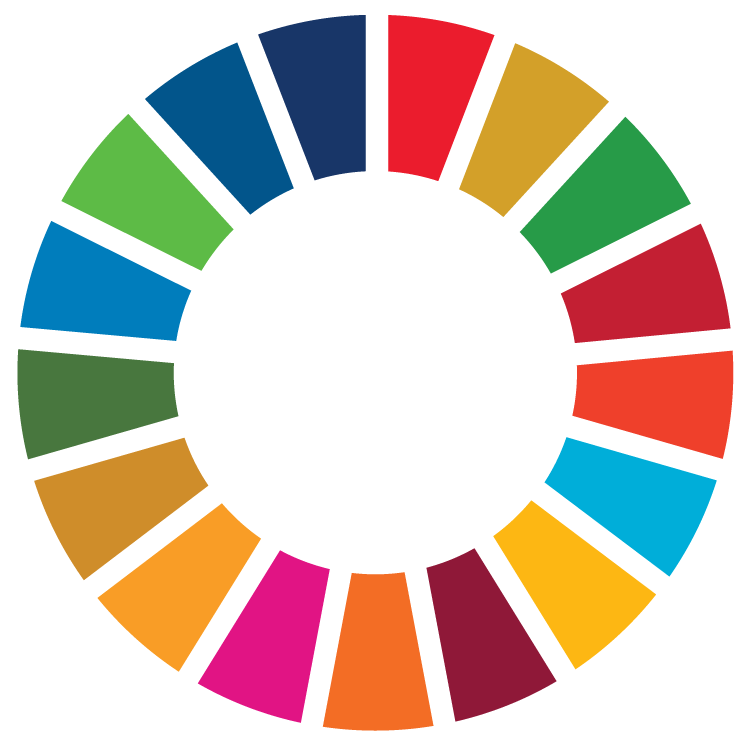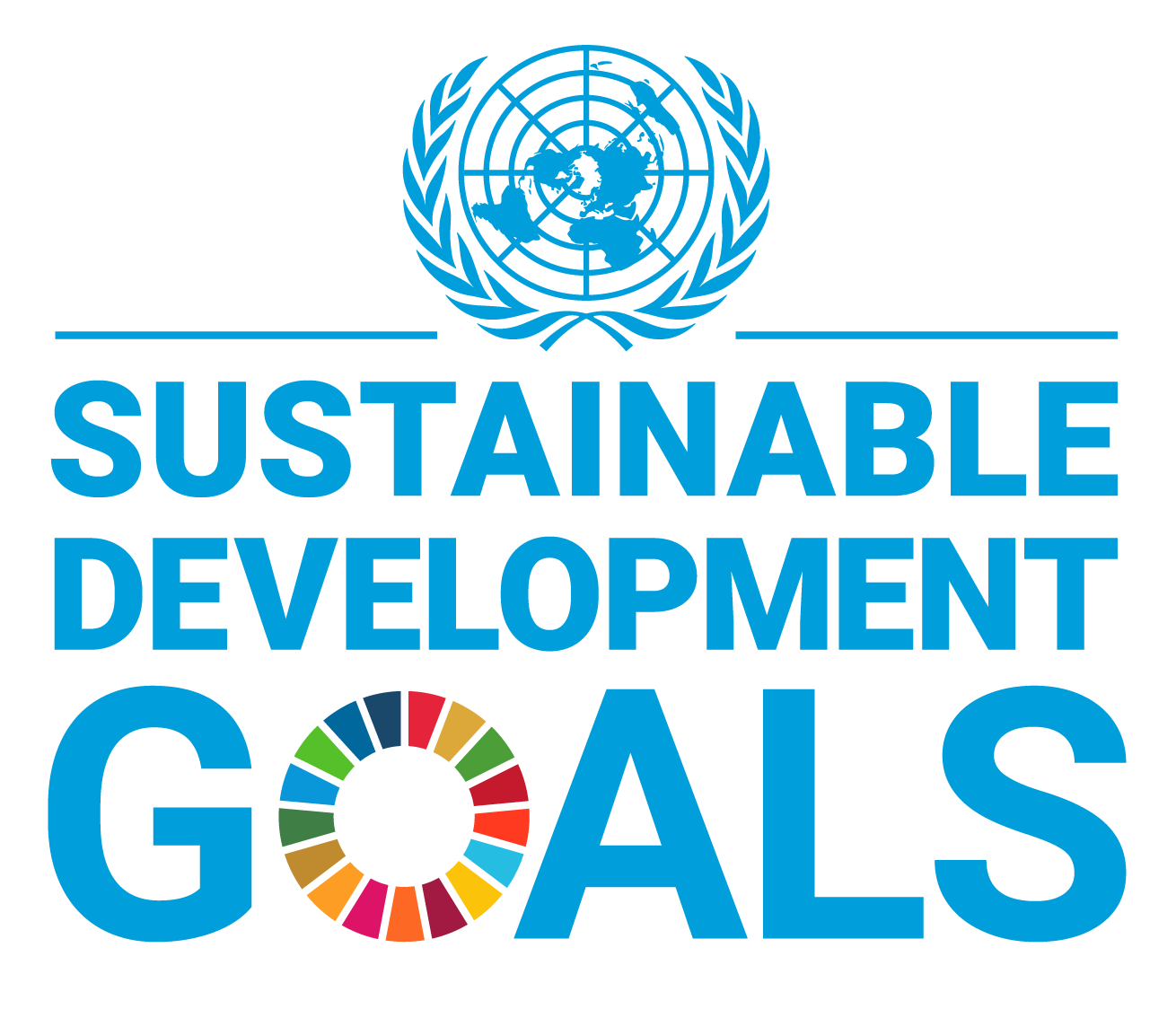- Beranda
- Tentang Kami
- Akademik
- Kemahasiswaan
- Riset
- Unit Layanan Fakultas
- LPPKM
- SDGs Initiatives


Disposal of liquid waste within the Faculty of Public Health is still carried out in the Matoa Canteen. Wastewater from the canteen is handled technically using a grease trap before being discharged into the septic tank, so that the oil can be handled separately before being taken routinely by the Directorate of Facilities Management and Maintenance (Direktur Pengelolaan dan Pemeliharaan Fasilitas). In another canteen within the faculty, the grease trap is in the form of a control tank which is cleaned every day. During the pandemic, since the canteen was not operating, there wasn’t any wastewater from the canteen.
Apart from the abovementioned situation, laboratory waste from all laboratoriums within the faculty is also handled safely by collecting them separately from other types of waste. Laboratory waste is grouped based on type and nature, collected and handled separately by providing symbols and labels, then handed over to a third party (PT Jalan Hijau) which operates in the field of waste handling.
The Faculty of Public Health has been implementing a program to reduce the use of paper and plastic to reduce waste for quite some time. Additionally, the faculty also provided Ready-to-Drink Water (Air Siap Minum), a water filtration machine for drinking water which can be used by the civitas to fill their water bottle for free.
The Faculty of Public Health also issued SE-744-UN2.F10.D-HKP.04-2020 – Appeal for Limiting the Use of Plastic and Paper as an updated circular and reminder for the community. Since 2019, the faculty has started developing various applications, one of which is the PERMISA App (Permintaan Surat Mahasiswa). It is an app used in Academic and Student Affairs services to process letter requests. Other than that, outgoing letter services signed by the higher ups have also been carried out online through the General Administration subunit. General Administration Services has also developed another application for distributing dispositions via the page www.sim.fkm.ui.ac.id/disposisi.
Toxic waste is controlled safely because it’s collected and handled separately from other waste. Laboratory waste is grouped based on type and nature, collected and handled separately by providing symbols and labels, then handed over to a third party (PT Jalan Hijau) which operates in the field of handling waste / hazardous waste. Other hazardous waste in the form of broken glass, broken neon lights, used batteries, etc is collected in a separate place in the Specific Waste Dropbox.

